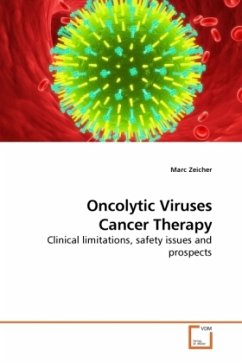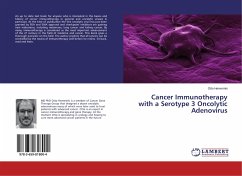Wild-type viruses with intrinsic oncolytic capacity in human includes DNA viruses like some autonomous parvoviruses and many RNA viruses. Recent advances in molecular biology have allowed the design of several genetically modified viruses, such as adenovirus and herpes simplex virus that specifically replicate in, and kill tumor cells. However, still several hurdles regarding clinical limitations and safety issues should be overcome before this mode of therapy can become of clinical relevance. It includes limited virus spread in tumor masses, stability of virus in the blood, trapping within the liver sinusoids, transendothelial transfer, and/or vector diffusion of viral particles to tumor cells, limited tumor transduction, immune-mediated inactivation or destruction of the virus. An overview is given of the general mechanisms and genetic modifications by which oncolytic viruses achieve tumor cell-specific replication and antitumor efficacy. However, as their therapeutic efficacy in clinical trials is still not optimal, strategies are evaluated that could further enhance the oncolytic potential of conditionally replicating viruses.
Bitte wählen Sie Ihr Anliegen aus.
Rechnungen
Retourenschein anfordern
Bestellstatus
Storno








